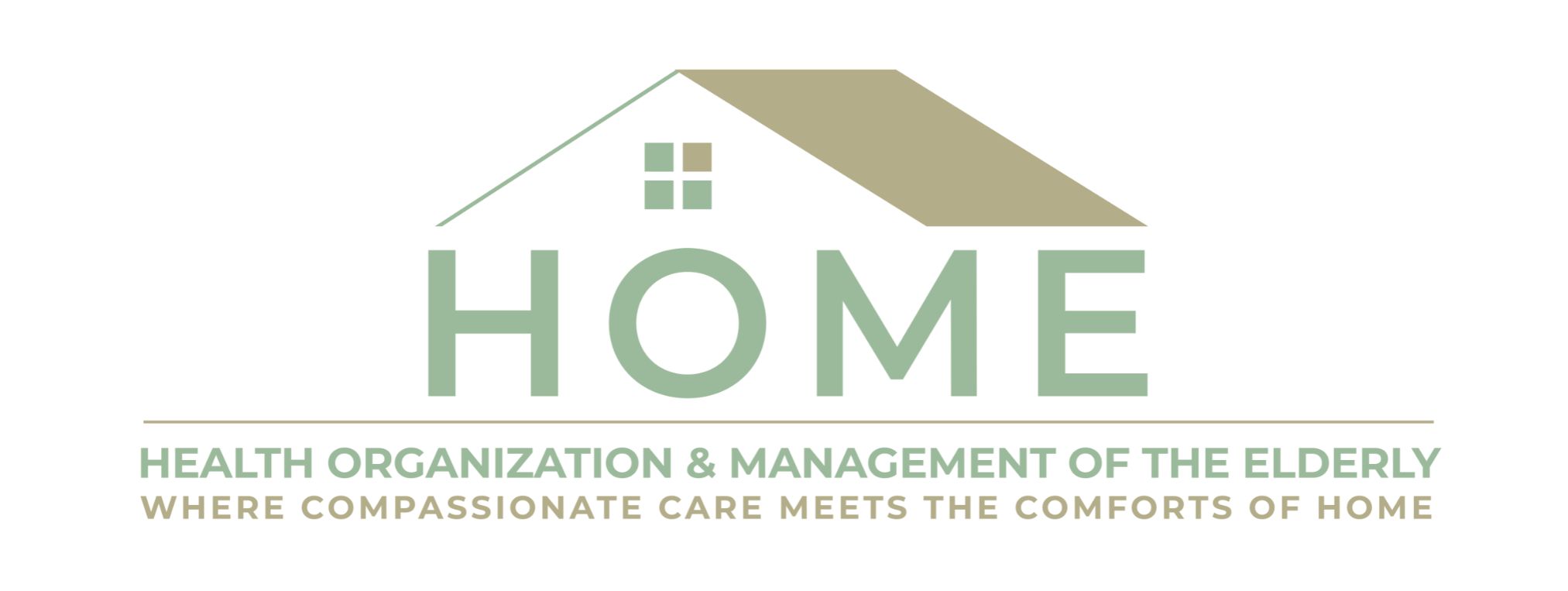A registered nurse plays a vital role in healthcare by facilitating communication and collaboration among physicians, caregivers, and families. They work to develop proactive care plans for clients with complex medical needs. This involves various responsibilities, which may include, but are not limited to:
- Orienting and supervising Home Health and Personal Care Aides.
- Educating clients and their families or significant others about disease processes and management.
- Administering and managing medications.
- Performing complex wound care and dressing changes.
- Inserting and caring for Foley catheters.
- Providing ostomy care.
- Conducting daily assessments and observations.
- Offering pre and post-operative care.
- Managing wound care and dressing changes.
- Administering tube feedings.
- Managing diabetic care, including insulin injections.
- Handling IV therapy and lab draws.
- Conducting cardiac assessments and interventions.
- Providing pulmonary care, including oxygen therapy and lung sound assessments.
- Managing ventilators.
- Offering hospice care.
Registered nurses are essential in ensuring the well-being and quality of care for clients with complex medical conditions.
